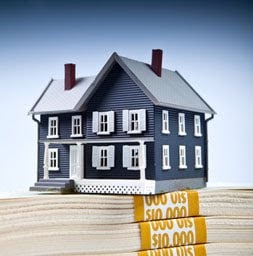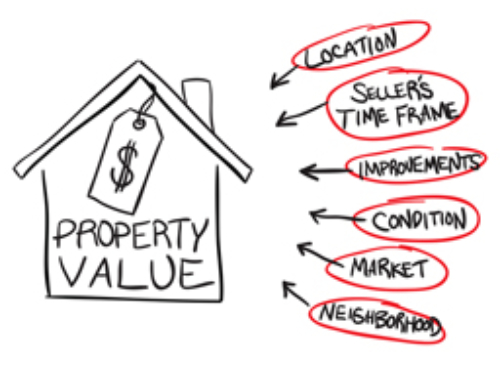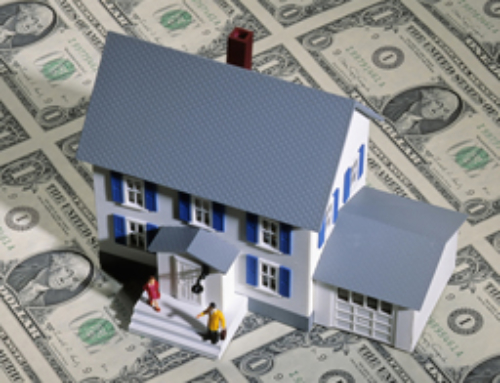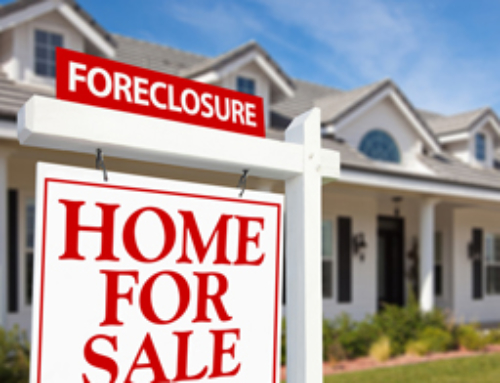 Sharon called my radio show a few weeks back. Her real estate broker had taken her to see a HUD home (which is nothing more than an FHA foreclosure). She could buy the house with only $100 down, but she’d have to pay $9,000 in closing costs. The house was priced at just $102,000.
Sharon called my radio show a few weeks back. Her real estate broker had taken her to see a HUD home (which is nothing more than an FHA foreclosure). She could buy the house with only $100 down, but she’d have to pay $9,000 in closing costs. The house was priced at just $102,000.
Something didn’t smell quite right. The Federal Housing Administration (FHA) does offer a program called the $100 Down Payment Incentive that’s designed to help the Department of Housing and Urban Development (HUD) get rid of unsold HUD homes.
In other words, no matter how much the house costs, you only have to put down $100, whether you’re a buyer or an investor.
Of course, that isn’t the sum total of the cash you’ll need. There are closing costs, although FHA will kick in as much as 3 percent of the sales price toward those closing costs. Plus, it will finance the transaction for those who plan to live in the house as a primary residence.
Real estate brokers will receive a $500 fee on top of their commission to help the deal close. And there are other incentives built in as well, such as an extra $1,000 for the buyer if you buy a HUD home within thirty days of its initial listing.
But when I checked with Shannon Judd, Georgia NSP coordinator for PEMCO, a company that sells HUD homes in twenty-six states, she agreed that $9,000 in closing costs on a property that costs $102,000 was suspect.
The FHA program and the USDA Rural Development zero-down loan program are anomalies. These days, lenders are typically asking borrowers to put more money down when buying property.
In fact, even the FHA has raised the minimum down payment it requires to 3.5 percent from 3 percent for a typical home buyer. For buyers with low credit scores, the down payment requirement rises to 10 percent.
Conventional lenders, who sell loans to Fannie Mae and Freddie Mac, now require a cash down payment of 5 percent. If you’re buying property as an investment, don’t be surprised if the lender asks you to put down 30 to 40 percent in cash.
Debt-to-equity ratios are rising because real estate lenders know that the more cash you put down on a property, the less likely you are to walk away from it. The problem is home prices in some areas have fallen 30, 40, or even 50 percent in value, wiping out all home equity for millions of homeowners.
When homes are that far underwater (meaning they’re worth less than the mortgage amount), homeowners are throwing up their hands and walking away from their properties.
Lenders believe that by requiring more cash for a down payment, not only will the mortgage payment be more affordable for the buyer, but there is also less chance that the buyer will walk away from the home.
Ilyce Glink is a best-selling author, real estate columnist, and web series host. She is the managing editor of the Equifax Finance Blog and CEO of Think Glink Media. Follow her on Twitter: @Glink






